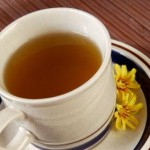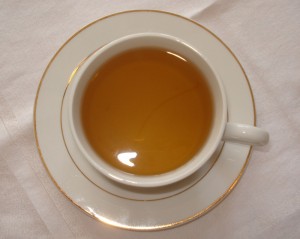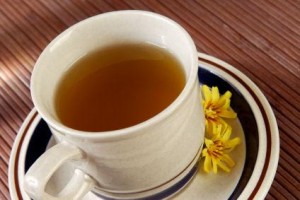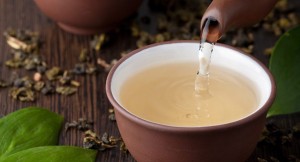Kava Tea
What is kava tea?
Kava tea, a popular herbal decoction, is made from the fresh or dried roots of a tall shrub called kava kava or simply kava (Piper methysticum), native to Melanesia, Vanuatu, Hawaii, and parts of Micronesia. With biologically active ingredients, this caffeine-free herbal tea offers numerous medicinal benefits. Kava kava tea has a characteristic brownish coloration with a slightly bitter taste.
History and origin
It was Captain Cook, the famous British explorer, who coined the term “Kava” meaning “intoxicating pepper”. For more than 3000 years, kava has been cultivated and used by Pacific Islanders. An infusion prepared from the plant was consumed by members of the royal families in the South Pacific. In 1616, Dutch explorers Willem Schouten and Jacob Le Maire observed the ritualistic consumption of the drink by the inhabitants of Oceania. Kava is still considered the most sought-after social drink in South Pacific, like alcohol in the Western culture.
Kava tea benefits
- Stress relief: Few scientific studies have suggested that consuming kava root tea might reduce fatigue caused by mentally exhausting tasks. Therefore, it acts as a stress reliever by calming both the mind and the body.
- For anxiety: Through some clinical studies, researchers have found that kava tea can effectively treat symptoms related to anxiety. Kava root extracts have an active ingredient, called kavalactone, which can lower anxiety. Often being referred to as a legal high, the herbal tea is quite similar to valium in functionality but without its side effects.
- Insomnia: Although there is inconclusive evidence about its effects in patients with insomnia, kava kava tea may help in decreasing the amount of time required for falling asleep, consequently encouraging a sound sleep.
- Benzodiazepine withdrawal symptoms: People taking benzodiazepine drugs for a long time to treat anxiety problems are often affected with withdrawal symptoms when the dose of the drug is decreased. As suggested by some clinical studies, consumption of this organic drink can help in preventing the withdrawal symptoms.
- Pain-relieving properties: Kava tea is quite useful in pain management due to its analgesic and anti-inflammatory properties. This is why chewing the roots causes a brief numbness in the tongue.
- For ADHD: Drink prepared from kava acts as an organic sedative causing a relaxed state and improving mental clarity as well as social behavior. The kavalactones present in kava roots have positive effects on the brain, helping in lessening the symptoms in people with ADHD.
How to make kava tea
- Place one/two tea bags consisting of kava root extract in 8 ounces of warm water. Ensure that the temperature of the infusion remains below 120°F
- Add cinnamon pods or ginger roots to enhance the flavor (optional)
- Steep for 5-10 minutes
- Strain out the mixture using a muslin bag, cheesecloth, or a fine mesh strainer into a glass/bowl/cup
- Add sugar or honey (optional)
Precaution and side effects: Is kava tea safe
Researchers in Europe and United States have linked long-term consumption of kava tea with some liver diseases, including, hepatitis and cirrhosis. Those already on medication for liver damage should avoid taking this tea. However, if you still want to opt for this tea, be sure to consult your doctor first.
Side effects
Long-term intake of this root tea could cause nausea, reduced muscle control, stupor, reddened eyes, difficulty in breathing, appetite loss and weight loss. Additionally, since kava tea affects the CNS, it should not be taken by those scheduled to undergo surgery; otherwise, it might aggravate the effects of certain medications and anesthetics.
Consumption during pregnancy
It is reported that kava tea can affect the uterus, making it unsafe for pregnant women. In addition, the effects of the chemical ingredients present in kava root tea on infants are unknown. Therefore, breastfeeding mothers should take advice from a doctor before consuming it.
Where to buy kava tea
Best-quality kava tea can be bought either as tea bags or as root powder from local marketplaces or online tea stores.
References
- http://en.wikipedia.org/wiki/Kava
- https://www.ncbi.nlm.nih.gov/books/NBK548637/
- https://kava.com/kava-tea/
- https://www.teacurry.com/blogs/health-well-being/kava-kava-tea-benefits-side-effects-and-dosage
- http://www.webmd.com/vitamins-supplements/ingredientmono-872-kava.aspx?activeingredientid=872&activeingredientname=kava
Article was last reviewed on 24th July 2021
Related Articles
Leave a Reply
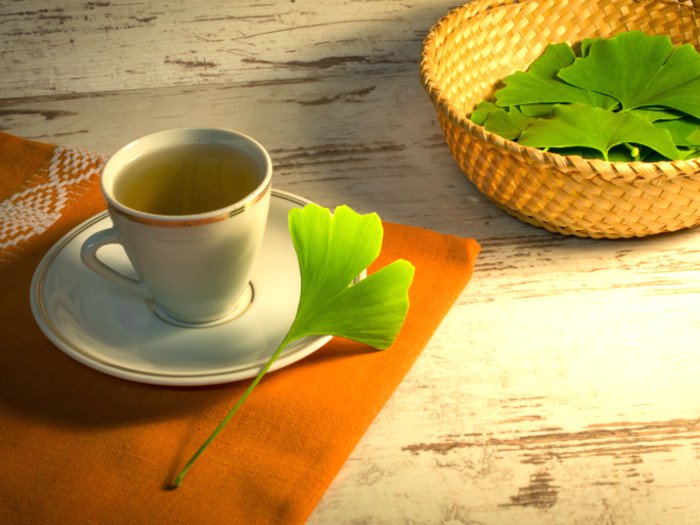
Ginkgo Biloba Tea
The Ginkgo Biloba tea is an herbal infusion obtained from the extract of the dried leaves
Read more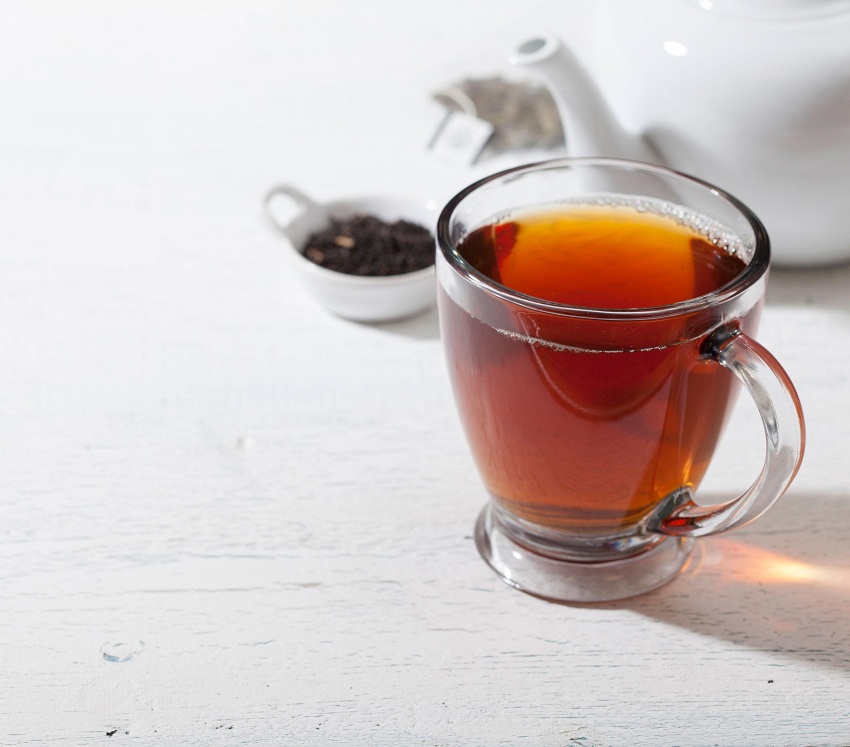
Black Tea
Black tea, belonging to the same group as the green, white and oolong teas is the most oxi
Read more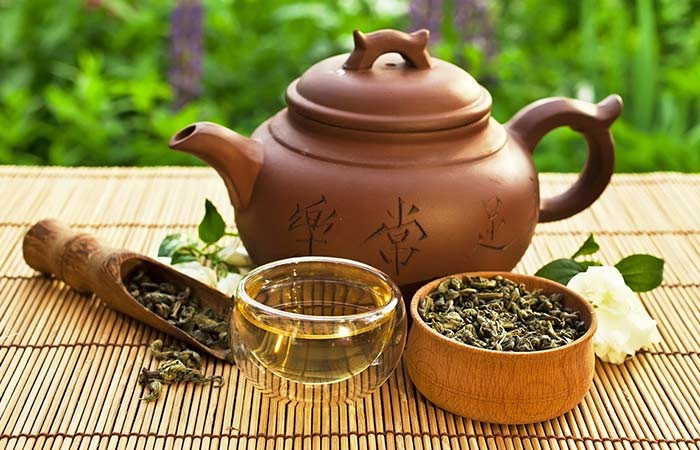
Oolong Tea
What is oolong tea Oolong, a traditional beverage of China, is prepared from the buds, st
Read more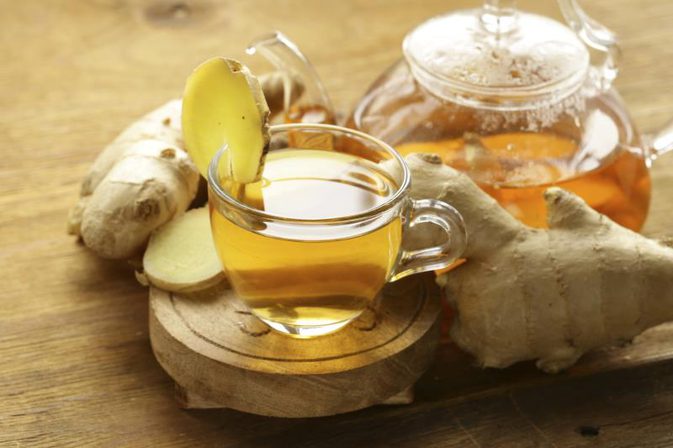
Ginger Tea
Ginger tea, prepared from the roots of ginger, is a popular herbal beverage of Asia. Becau
Read more
